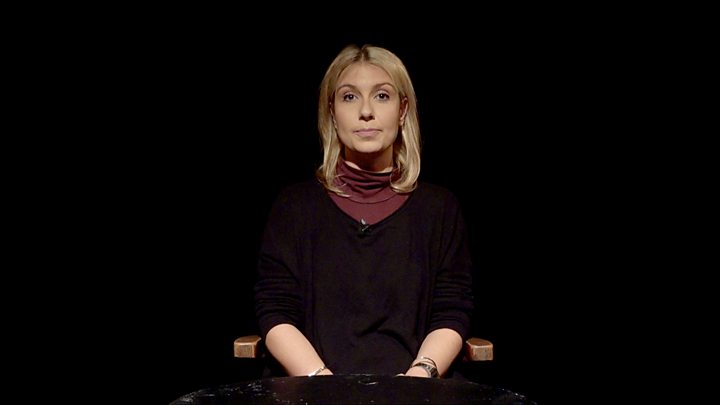Lesbian women cervical screening myth is ‘dangerous’
 Image copyright Getty Images
Image copyright Getty Images The “dangerous myth” that gay and bisexual women cannot get cervical cancer means thousands could be missing out on screening, NHS England says.
Any sexual activity can pass on the HPV virus, which causes the vast majority of cervical cancers.
But a survey suggests one in five LGB women has never been for a test.
Anyone with a cervix, between the ages of 25 and 64 should go for regular screening, health experts said.
The figures are based on a report into attitudes to cervical screening among lesbian, gay and bisexual women in the North West of England.
While the majority were aware they needed to go for cervical screening, 8% thought LGB women did not need the test or didn’t know if it was required.
And 21% thought LGB women were at lower risk of cervical cancer compared with heterosexual women.
More than 600 women were surveyed.
The NHS in England said this could mean up to 50,000 lesbian, gay and bisexual women had never gone for cervical screening.

Media playback is unsupported on your device
Dr Michael Brady, NHS England’s LGBT health adviser, said: “The misleading information that gay and bisexual women aren’t at risk of this disease is one of the most dangerous myths around, because it has created a screening gap for thousands, which is a major concern for our community.
“Let’s be clear: cancer does not discriminate.
“If you’ve got a cervix, you can get cervical cancer, and as cervical cancer is preventable, people should take up their regular screening appointments.”
‘Harmful myths’
Just over 71% of all women aged 25 to 64 had been screened at regular intervals, figures from last year showed.
Cervical screening, also known as a smear test, helps to pick up early signs of cell changes in the cervix which can turn into cancer.
Nearly all cervical cancers are caused by infection with certain types of human papillomavirus (HPV).
Prof Anne Mackie, director of screening at Public Health England, said women who have sex with women can still get HPV during sex.
“So we encourage anyone with a cervix, between the ages of 25 and 64, to go for regular cervical screening.”
Robert Music, from Jo’s Cervical Cancer Trust, said: “Addressing harmful myths, such as cervical screening being less important for the LGBT community must be urgently addressed.
“Cervical screening can be a difficult test for many reasons and we must be focused on removing the barriers that exist and ensuring every eligible person fully understands what cervical screening is for, knows where to access support and feels able to take up their invitation if they wish to do so.”
NHS England is introducing a new HPV testing process into cervical screening services by 2020.

